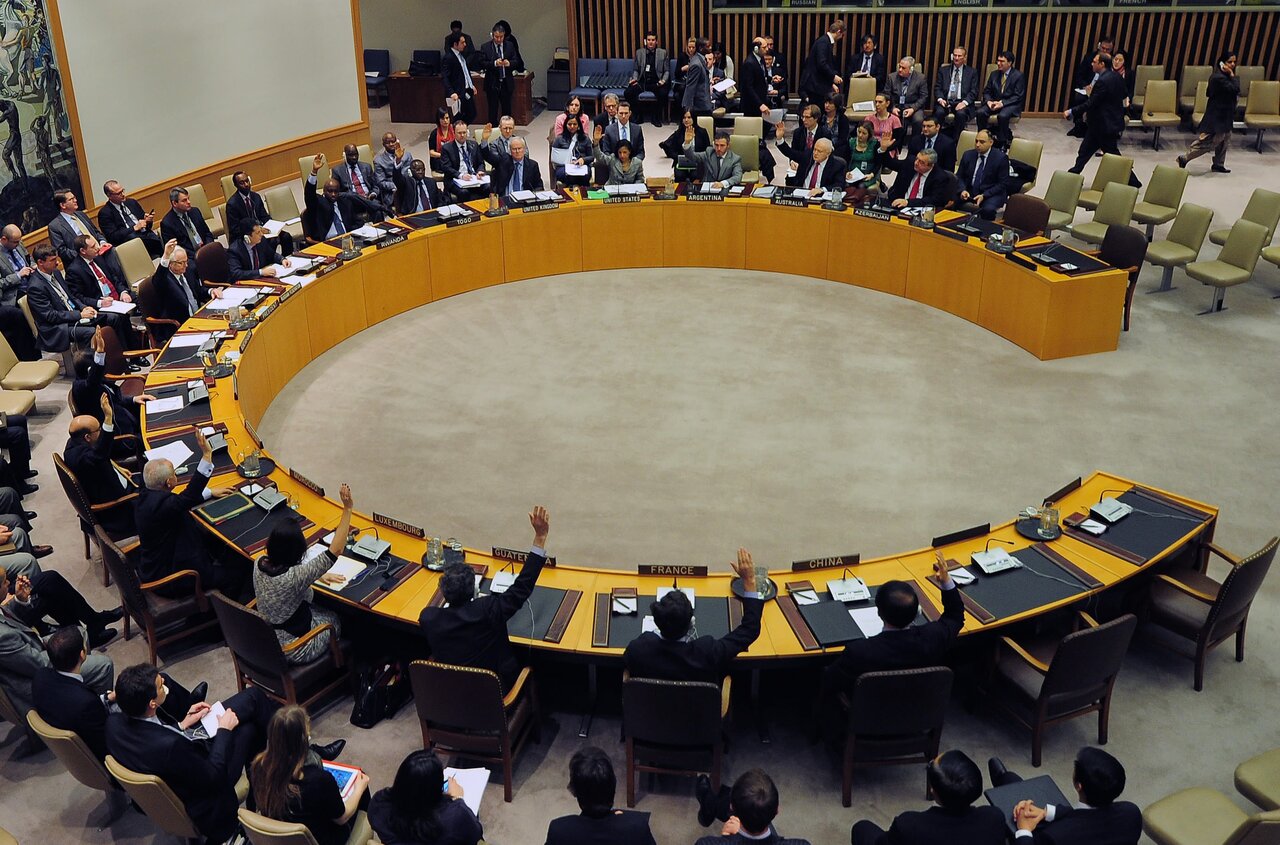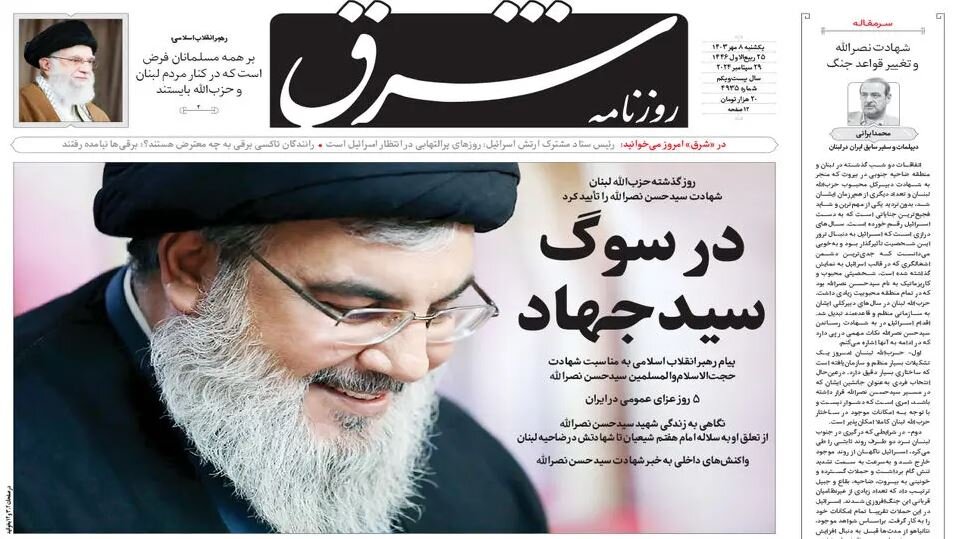by Dr Binoy Kampmark

The entire blood woven tapestry of the Middle East offers uncomfortable explanations. The region has seen false political boundaries sketched and pronounced by foreign powers, fictional countries proclaimed, and entities brought into being on the pure interests of powers in Europe. These empires produced shoddy cartography in the name of the nation state and plundering self-interest, leaving aside the complexities of ethnic belonging and tribal dispositions. Tragically, such cartographic fictions tended to keep company with crime, dispossession, displacement, ethnic cleansing and enthusiastic hatreds.
Since October 7, when Hamas flipped the table on Israel’s heralded security apparatus to kill over 1,200 of its citizens and smuggle over 200 hostages into Gaza, historical realities became present with a nasty resonance. While Israel falsely sported its credentials as a peaceful state with dry cleaned democratic credentials ravaged by Islamic barbarians, Hamas had tapped into a vein of history stretching back to 1948. Dispossession, racial segregation, suppression, were all going to be addressed, if only for a moment of vanguardist and cruel violence.
To the north, where Lebanon and Israel share yet another nonsense of a border, October 7 presented a change. Both the Israeli Defence Forces and Hezbollah took to every bloodier jousting. It was a serious affair: 70,000 Israelis displaced to the south; tens of thousands of Lebanese likewise to the north. (The latter are almost never mentioned in the huffed commentaries of the West.)
The Israeli strategy in this latest phase was made all too apparent by the number of military commanders and high-ranking operatives in Hezbollah the IDF has targeted. Added to this the pager-walkie talkie killings as a prelude to a likely ground invasion of Lebanon, it was clear that Hezbollah’s leader, Sayyed Hassan Nasrallah, figured as an exemplary target.
Hezbollah confirmed the death of its leader in a September 27 strike on Beirut’s southern suburb of Dahiyeh and promised “to continue its jihad in confronting the enemy, supporting Gaza and Palestine, and defending Lebanon and its steadfast and honourable people.” Others killed included Ali Karki, commander of the organisation’s southern front, and various other commanders who had gathered.
Israeli officials have been prematurely thrilled. Like deluded scientists obsessed with eliminating a symptom, they ignore the disease with habitual obsession. “Most of the senior leaders of Hezbollah have been eliminated,” claimed a triumphant Israeli military spokesman Lieutenant Colonel Nadav Shoshani.
Defence Minister Yoav Gallant called the measure “the most significant strike since the founding of the State of Israel.” Israeli Prime Minister Benjamin Netanyahu stated with simplicity that killing Nasrallah was necessary to “changing the balance of power in the region for years to come” and enable displaced Israelis to return to their homes in the north.
Various reports swallowed the Israeli narrative. Reuters, for instance, called the killing “a heavy blow to the Iran-backed group as it reels from an escalating campaign of Israeli attacks.” Al Jazeera’s Zeina Khodr opined that this “will be a major setback for the organisation.” But the death of a being is never any guarantee for the death of an idea. The body merely offers a period of occupancy. Ideas will be transferred, grow, and proliferate, taking residence in other organisations or entities. The assassinating missile is a poor substitute to addressing the reasons why such an idea came into being.
A dead or mutilated body merely offers assurance that power might have won the day for a moment, a situation offering only brief delight to military strategists and the journalists keeping tabs on the morgue’s latest additions. It is easy, then, to ignore why Hezbollah became a haunting consequence of Israel’s bungling invasion and occupation of Lebanon in 1982. Easy to also ignore the 1985 manifesto, with its reference to the organisation’s determination to combat Israel and those it backed, such as the Christian Phalangist allies in the Lebanese Civil War, and to remove the Israeli occupying force.
Such oblique notions as “degrading” the capacity of an ideological, religious group hardly addresses the broader problem. The subsequent shoots from a savage pruning can prove ever more vigorous. The 1992 killing of Hezbollah’s secretary-general Abbas al-Musawi, along with his wife and son, merely saw the elevation of Nasrallah. Nasrallah turned out to be a more formidable, resourceful and eloquent proposition. He also pushed other figures to the fore, such as the recently assassinated Fuad Shukr, who became an important figure in obtaining the group’s vast array of long-range rockets and precision-guided missiles.
Ibrahim Al-Marashi of California State University, San Marcos, summarises the efforts of Israel’s high-profile killing strategy as shortsighted feats of miscalculation. “History shows every single Israeli assassination of a high-profile political or military operator, even after being initially hailed as a game-changing victory, eventually led to the killed leader being replaced by someone more determined, adept and hawkish.” Another Nasrallah is bound to be in tow, with several others in incubation.
Dr. Binoy Kampmark was a Commonwealth Scholar at Selwyn College, Cambridge. He currently lectures at RMIT University.








